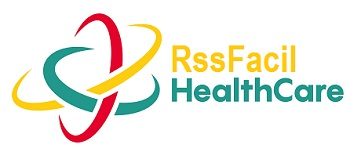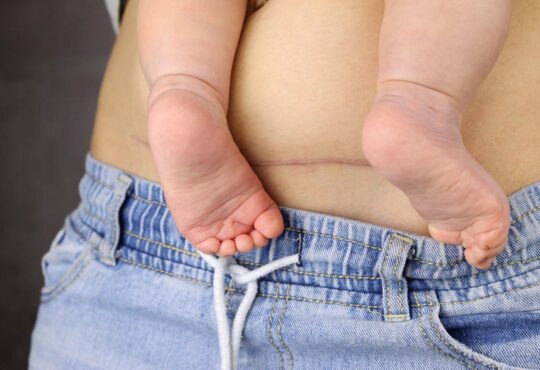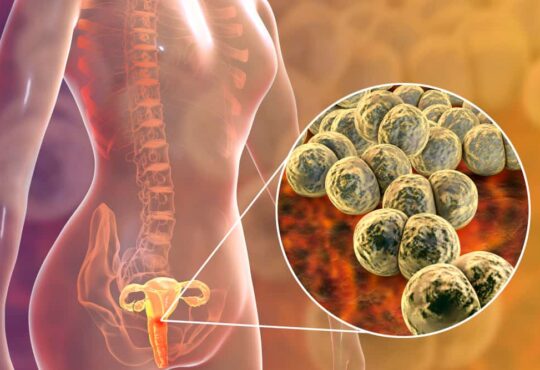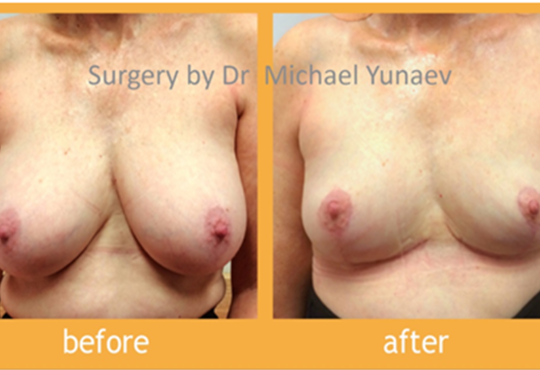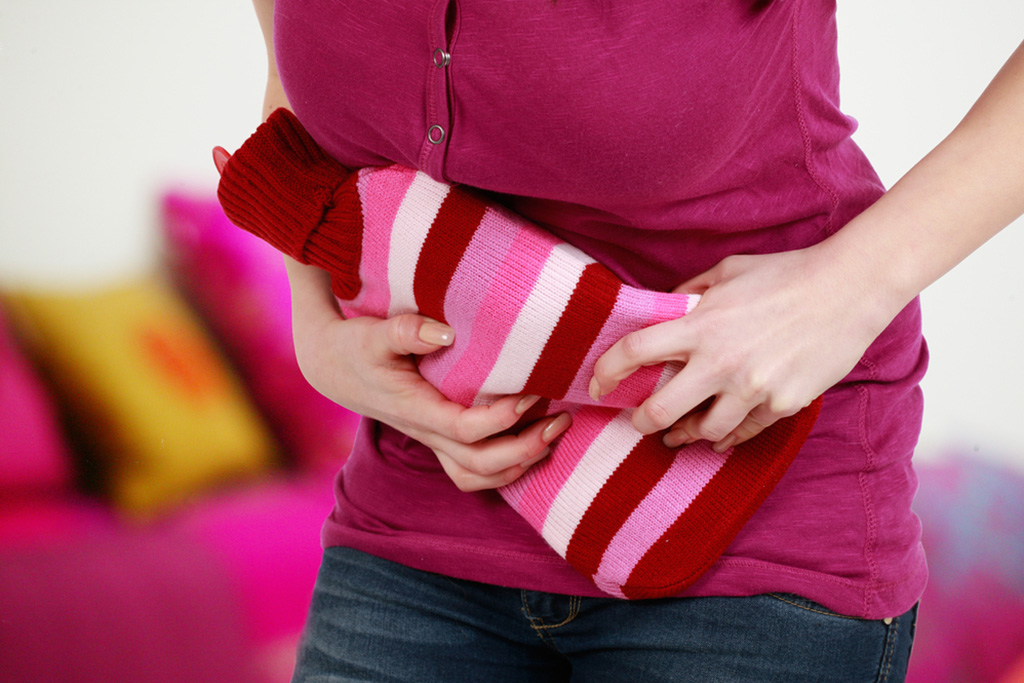
Tips to Bring Menstruation Awareness
Menstrual practices face cultural, social, and religious restriction, which is a major barrier against menstrual hygiene. As a result, there is a considerable lacuna in the knowledge about menstruation among girls and women of the reproductive age group. Research shows that most of the girls are not aware of menstruation until they get it. Many young women have incomplete or inaccurate knowledge about menstrual physiology and hygiene.
What is menstruation?
According to the WHO, a person between 10–19 years of age is considered as an adolescent. During this period, biological, physical, and psychological development takes place. The beginning of menstruation (menarche) is amongst one of the physical and biological events that take place during adolescence in a girl’s life. Female hormones, estrogen and progesterone, prepare the womb to carry a baby by increasing its thickness. If fertilization does not take place, this lining of the uterus breaks and comes out in the form of blood from a female’s vagina. This monthly cycle of vaginal bleeding in a female is known as menstruation.
Why is menstruation awareness important?
Incomplete and inaccurate knowledge acts as a hindrance in the path of menstrual hygiene management. Many females are not aware of the hygiene measures to be followed during menstruation, which many a time results in reproductive tract infections. Many women, even today, do not have access to sanitary pads and reuse cloth pads after washing them. This hampers reproductive health hygiene. Moreover, the disposal of menstrual products is vital to prevent health hazards and environmental pollution associated with it. Menstruation awareness can help in menstrual hygiene management, thus improving the general health condition. Awareness of menstrual hygiene directly contributes to fairer education between sexes, gender equality, and women empowerment.
Tips for menstruation awareness
School is a primary source of education, and hence menstruation awareness should be compulsory in all schools. Females should be vocal about menstruation, so that they can gain knowledge by exchange of ideas. Menstrual hygiene should be promoted amongst females through advertisement, movies, and lectures.
There are a variety of precautions to be followed during menstruation. The following tips should be followed during menstruation to avoid environmental and health hazards:
- Opt for sanitary pads/tampons/menstrual cups instead of a cloth.
- Wash your genitals with warm water from the front to back. Doing it in the opposite direction causes bacteria from the anus to move towards the urethra, increasing the risk of urinary tract infection.
- Use dry and clean underwear and change it daily.
- Change pads/tampons at regular intervals to prevent infections. Try and change sanitary pads after 4–6 hours and tampons after 2 hours.
- Pat dry the vagina after every wash as bacteria and fungus thrive in moist conditions. Keep the area between the legs dry. You can use an antiseptic powder for the same.
- Take a shower at least once daily.
- Make it a habit to clean your hands with warm water and soap after changing pad/tampons/menstrual cup.
- Avoid flushing a sanitary pad in the toilet as it can result in choking and cause the toilet to overflow. Discard them properly in the dustbin to prevent the spread of infections.
- Prefer wearing comfortable and loose clothing during menstruation. This will prevent sweating and aid air flow.
Following menstrual hygiene is vital to personal and environmental health. It is also important for the physical well-being, motility, and productivity of females. Let us all break the silence and be vocal about menstruation.
